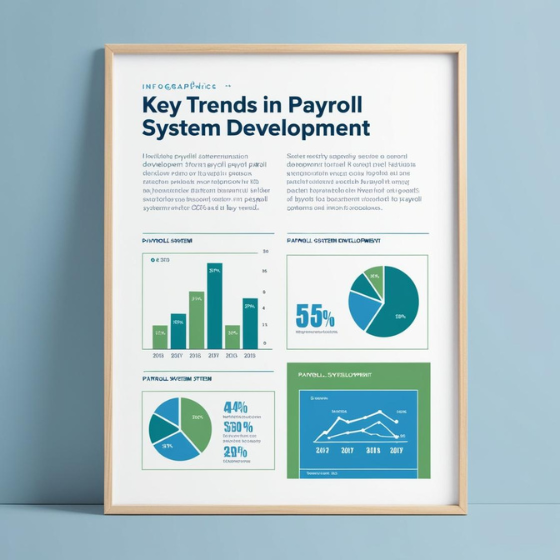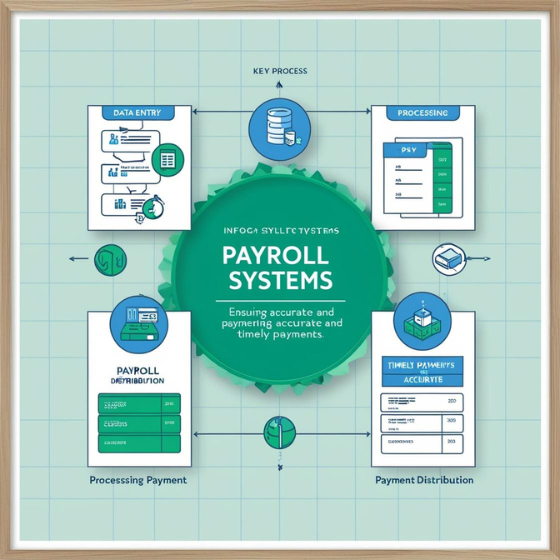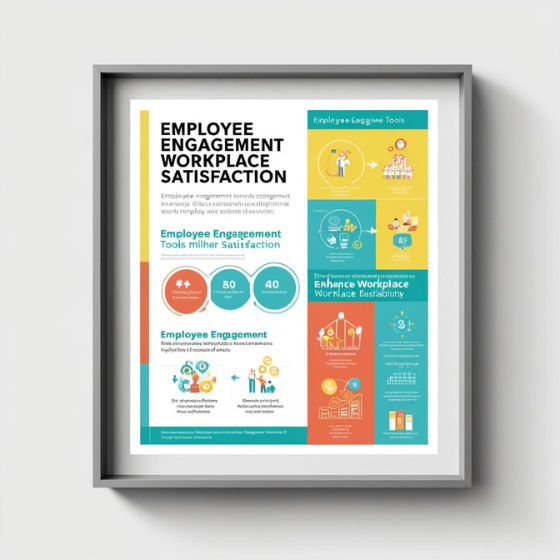Recruitment Platforms: Connecting Employers and Candidates
The job market is evolving rapidly, with technology playing a transformative role in how employers find talent and candidates secure jobs. Recruitment platforms: connecting employers and candidates have become essential tools for streamlining this process. These platforms bridge the gap between job seekers and employers, making hiring faster, more efficient, and accessible.
In this blog, we’ll explore the importance of recruitment platforms, their key features, and how they are shaping the future of recruitment. Whether you’re an employer seeking the right talent or a candidate looking for your dream job, these platforms have something valuable to offer.
Why Recruitment Platforms Are Game-Changers
Traditional hiring processes are time-intensive, relying on manual resume screening, in-person networking, and lengthy communication chains. Recruitment platforms simplify this by leveraging technology to connect employers and candidates in real-time.
Benefits for Employers:
- Access to a global talent pool.
- Automated applicant tracking and screening.
- Reduced time-to-hire and cost-per-hire.
Benefits for Job Seekers:
- Easy access to job postings across industries.
- Tools for resume building and skill assessments.
- Insights into company culture and job fit.
By automating tedious tasks and providing valuable data insights, recruitment platforms enable both parties to make smarter decisions.
Key Features of Recruitment Platforms: Connecting Employers and Candidates
1. Smart Job Matching Algorithms
Advanced recruitment platforms use AI-powered algorithms to match candidates with jobs based on their skills, experience, and preferences.
How It Works:
- Employers input job requirements.
- Candidates upload their resumes and specify job preferences.
- The system suggests the best matches, saving time for both parties.
Example: A software developer seeking remote opportunities is matched with companies offering flexible work arrangements.
2. Applicant Tracking System (ATS)
An ATS is a must-have feature for employers, helping them manage the entire hiring process seamlessly.
Key Functions:
- Track candidate progress through different hiring stages.
- Automate resume screening using keyword searches.
- Generate reports on hiring metrics, such as time-to-hire.
3. Candidate Profiles and Portfolios
Recruitment platforms allow candidates to create detailed profiles showcasing their skills, experience, certifications, and even portfolios.
Why It Matters:
- Gives employers a comprehensive view of candidates beyond resumes.
- Helps candidates stand out by highlighting unique strengths and achievements.
- Provides a centralized hub for storing work samples, certifications, and recommendations.
This transparency improves the chances of finding the right match quickly.
4. Employer Branding Features
In today’s competitive market, candidates are as selective about employers as employers are about candidates. Recruitment platforms help companies showcase their culture, values, and perks to attract top talent.
Key Features for Employers:
- Company profiles with photos, videos, and employee testimonials.
- Insights into company values and workplace culture.
- Opportunities to highlight unique benefits, such as flexible work policies or wellness programs.
5. Skill Assessments and Tests
To ensure candidates are qualified for a role, many recruitment platforms offer built-in assessments.
Key Benefits:
- Employers can evaluate candidates’ technical and soft skills.
- Job seekers gain a chance to prove their capabilities beyond their resumes.
- Provides objective metrics to make hiring decisions.
Example: A candidate applying for a digital marketing role might complete a skills test that evaluates their SEO and PPC expertise.
6. Mobile Accessibility
In a mobile-first world, having a recruitment platform that works seamlessly on smartphones is crucial.
Why It’s Important:
- For Employers: Post jobs, review applications, and communicate with candidates on the go.
- For Job Seekers: Search and apply for jobs, attend virtual interviews, and receive updates in real-time.
Platforms that prioritize mobile accessibility see higher engagement and faster application processes.
7. Diversity and Inclusion Tools
Modern recruitment platforms are prioritizing features that promote workplace diversity and inclusion.
How They Help:
- Anonymize applications to eliminate unconscious bias.
- Provide analytics to track diversity metrics in the hiring process.
- Suggest inclusive language for job descriptions to attract a broader range of candidates.
These tools help organizations build more inclusive and innovative teams.
The Future of Recruitment Platforms
The recruitment landscape continues to evolve, and platforms are incorporating cutting-edge technologies to stay ahead.
Emerging Trends:
- AI and Machine Learning: Advanced algorithms predict candidate success and cultural fit.
- Video Interviewing: Streamlined tools for conducting virtual interviews and assessing communication skills.
- Blockchain for Verification: Securely validate candidate credentials, reducing fraud risks.
- Gamification: Use of games and simulations to assess skills in a dynamic, engaging way.
Recruitment platforms are not just tools—they’re becoming strategic partners in the hiring process.
How Sodio Can Help
At Sodio, we specialize in building custom recruitment platforms: connecting employers and candidates in meaningful ways. Our solutions are designed to address the unique challenges of modern recruitment, whether you’re a small business or a global enterprise.
Why Choose Sodio?
- Tailored Features: From ATS integration to skill assessments, we build platforms that fit your needs.
- Scalability: Whether you’re hiring for a team of 10 or 1,000, our solutions grow with your business.
- Innovation-Driven: We incorporate AI, mobile accessibility, and analytics to keep you ahead of the curve.
Conclusion: Connecting Talent with Opportunity
Recruitment platforms are revolutionizing how employers and candidates interact. By offering smart matching algorithms, advanced tracking tools, and inclusive features, these platforms streamline hiring and ensure better outcomes for both parties.
Whether you’re an employer looking for top talent or a candidate seeking the perfect job, leveraging recruitment platforms: connecting employers and candidates can make all the difference.
Ready to elevate your recruitment process? Contact Sodio today and let us help you build a platform that bridges the gap between talent and opportunity.







